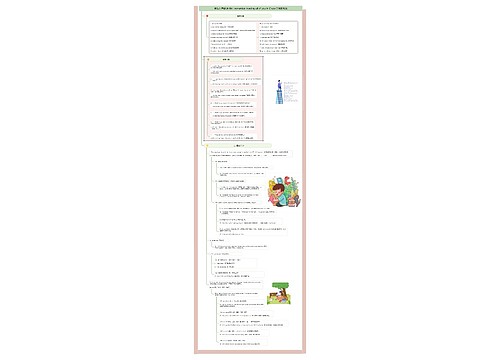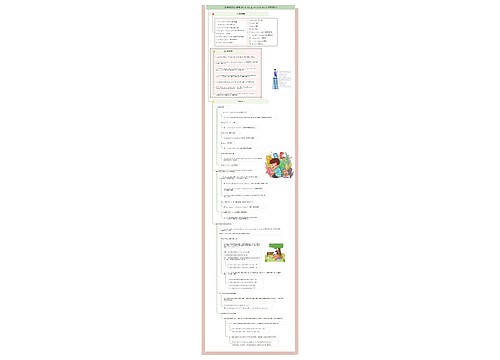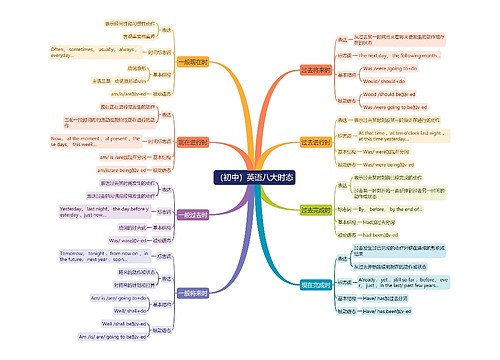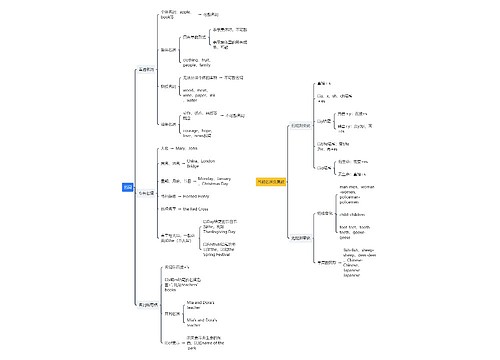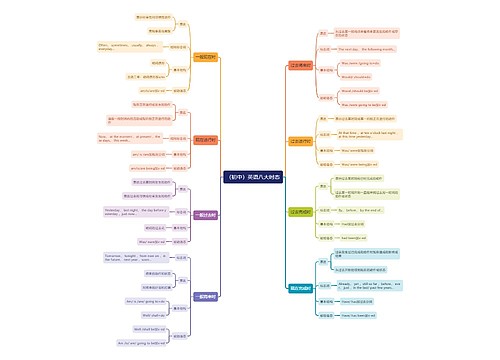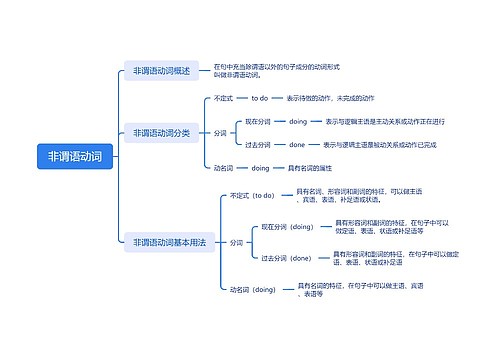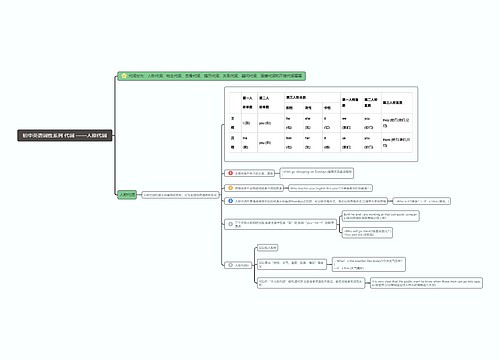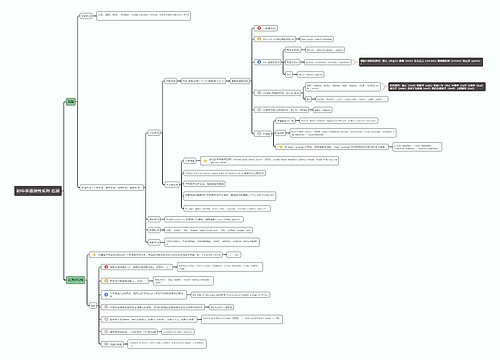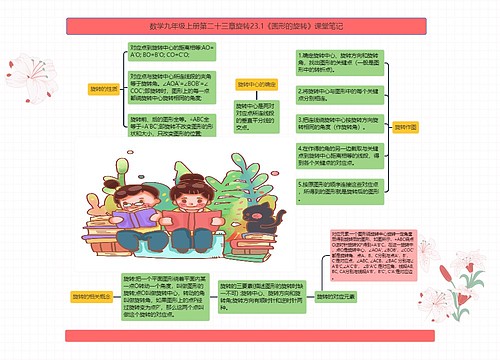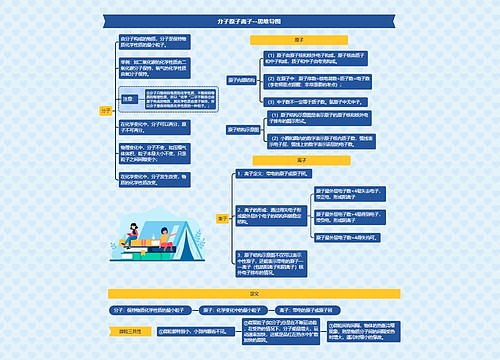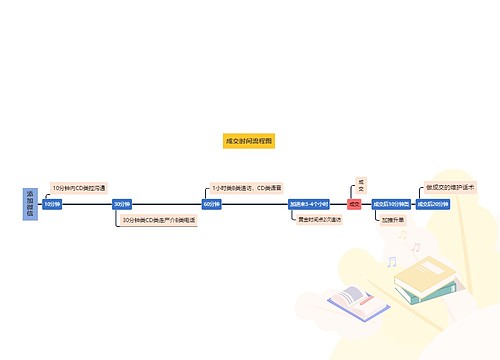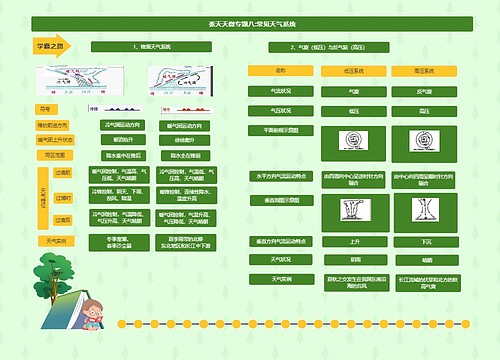take : 动词 ,有“花费时间”的意思,常用的结构有:
It takes sb to do sth.做某事花费某人多长时间(在这个用法中,主语经常是it,这一点要清楚,大家仔细看一下下面的例子)。
如:It takes me a day to read the book.
chat with sb. 与某人闲聊
如:I like to chat with him. 我喜欢和他聊天。
worry about sb./sth. 担心某人/某事 , worry 是动词
be worried about sb./sth. 担心某人/某事 , worried 是形容词
如:Don't worry about him. 不用担心他。
Mother is worried about her son. 妈妈担心他的儿子。
take sb. to + 地方 送/带某人去某个地方
如:A person took him to the hospital. 一个人把他送到了医院。
hardly adv. 几乎不、没有。hardly 修饰动词时,通常放在助动词、情态动词之后,实义动词之前,
如:I can hardly understand them. 我几乎不能够明白他们。
I hardly have time to do it. 我几乎没有时间去做了。
in the last few years. 在过去的几年内,常与完成时连用 如:
I have lived in China in the last few years. 在过去的几年内我在中国住。
be different from 与...…不同(常见考点,考的最多的是它的意思,大家只需要记住它的意思,做题的时候具体问题再具体分析即可)
不定式与疑问词连用:动词不定式可以和what, which, how, where, when 等引导的疑问句连用,构成不定式短语。
如:The question is when to start. 问题是什么时候开始。
I don't know where to go. 我不知道去哪。
make sb./sth. + 形容词 make you happy
make sb./sth. + 动词原形 make him laugh
move to +地方 搬到某地 如:I moved to Beijing last year.
it seems that +从句 看起来好像…… (重要考点)
如:It seems that he has changed a lot. 看起来他好像变了许多。
help sb. with sth. 在某方面帮助某人(注意介词with,在某方面帮助要用这个介词)
help sb(to)do sth. 帮某人做某事(to经常省略)
She helped me with English. 她帮助我学英语。
She helped me(to)study English. 她帮助我学习英语。
fifteen-year-old 作形容词 ,15岁的(有一点要提醒大家,中间的year用的是单数)如:a fifteen-year-old boy 一个15岁的男孩
fifteen years old 指年龄,15岁。
can't afford to do sth. 支付不起……
can't afford sth. 支付不起…
如:I can't afford to buy the car.=I can't afford the car. 我买不起这个辆小车。
as + 形容词/副词+ as sb+could/can 尽某人所能
如:Zhou run as fast as her could/can. 她尽她最快的能力去跑。
get into trouble with 遇到麻烦
in the end 最后
make a decision :下决定,下决心
to one's surprise :令某人惊讶(往往出现在完型中,让我们填surprise)
如:to their surprise 令他们惊讶
to LiLei's surprise 令李雷惊讶
take pride in sth. 以…而自豪
如:His father always take pride in him. 他的爸爸总是以他而自豪
pay attention to sth. 对…注意,留心
如:You must pay attention to your friend. 你应该多注意你的朋友。
be able to do sth. 能够,有能力做某事
如:She is able to do it. 她能够做到。
give up doing sth. 放弃做某事(注意up后面用的是动词的ing形式)
如:My father has given up smoking. 我爸爸已经放弃吸烟了。
不再 ①no more =no longer
如:I play tennis no more.我不再打网球。
②not …any more = not …any longer 如:
I don't play tennis any longer. 我不再打网球
反意疑问句
反义疑问句遵循这样一个原则,前肯定后否定,前否定后肯定。
1. 肯定陈述句+否定提问 如:Lily is a student, isn't she?
2. 否定陈述句+肯定提问 如:She doesn't come from China, does she?
3. 提问部分用代词而不用名词 如:Lily is a student, isn't she?
4. 陈述句中含有否定意义的词 如:little, few, never, nothing, hardly等,其反意疑问句用肯定式(对于第四点大家不要忽视,尤其是列举的这几个词,出题的时候经常遇到,对于下面的两个例子大家要仔细看一下,要把这个知识点彻底搞懂)。
如:He knows little English, does he? 他一点也不懂英语,不是吗?
They hardly understood it, did they? 他们几乎不明白,不是吗?
5. 反意疑问句的陈述部分含有由un-, im-, in-, dis-, 等否定意义的前缀构成的词语时,陈述部分要视为肯定含义,问句部分用否定形式。
our father is unhappy, isn't he?
The man is dishonest, isn't he?
It is impossible to learn English without remembering more words, isn't it?

